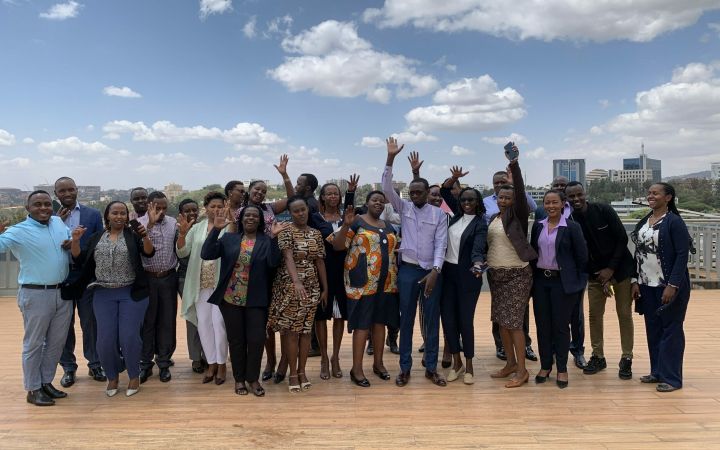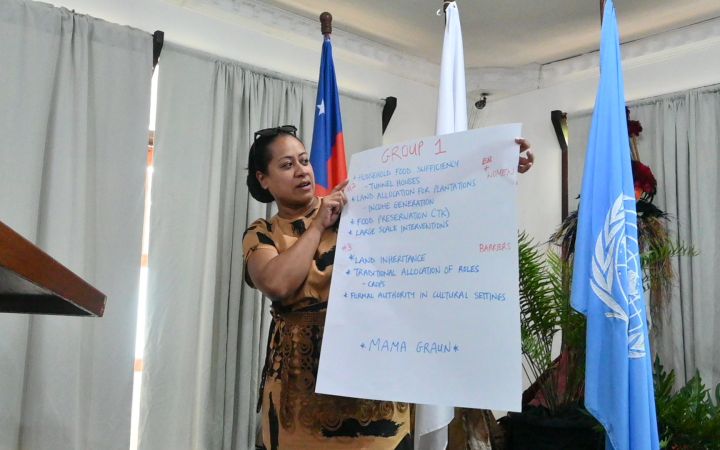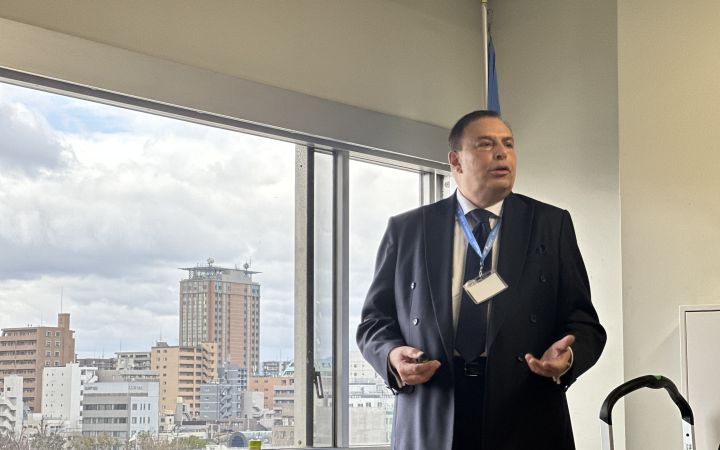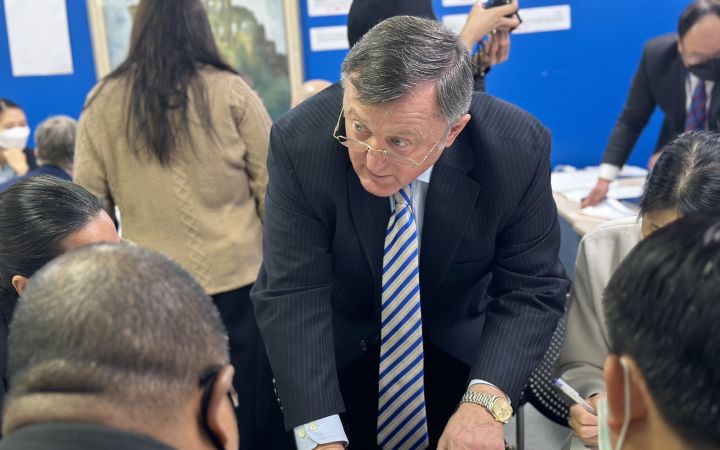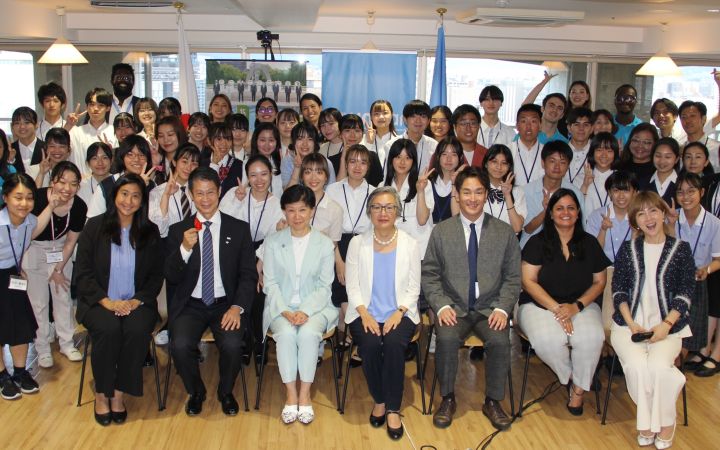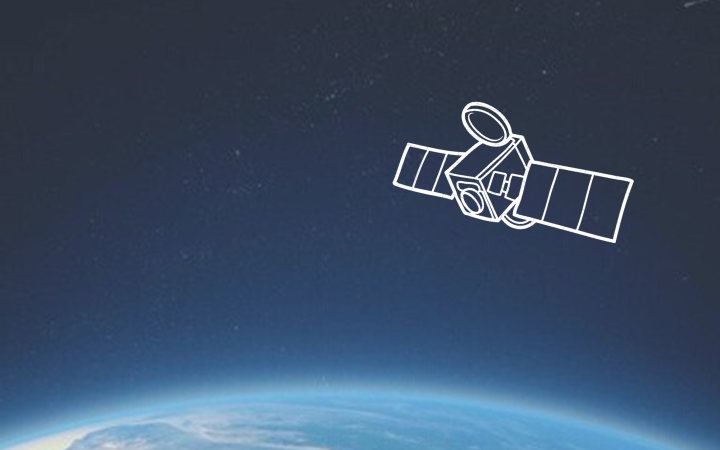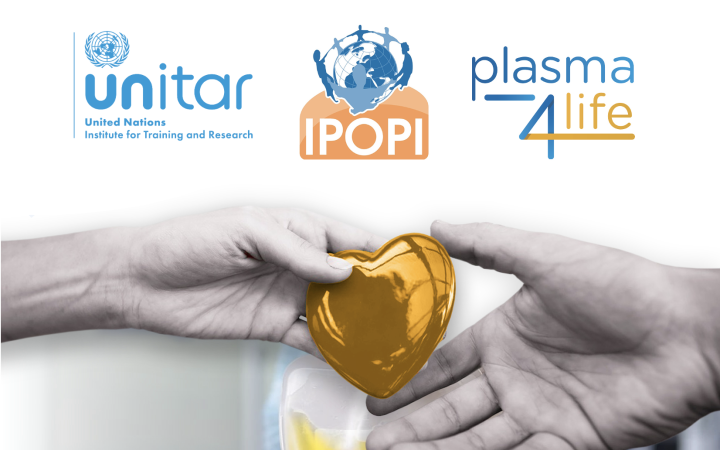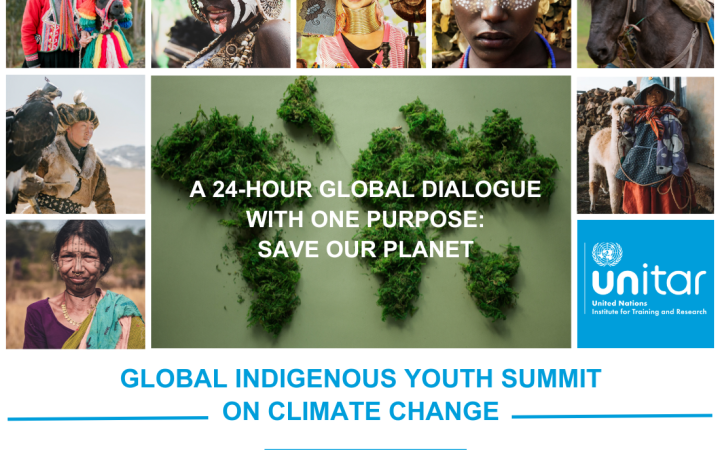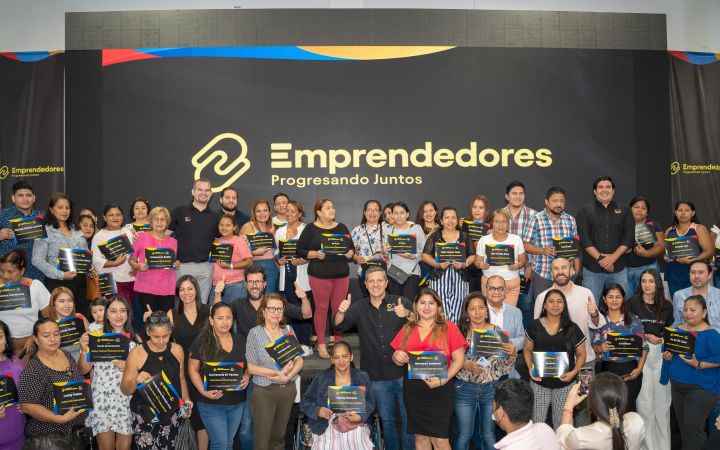Displaying 581 - 590 of 1515
21 August 2023, Kigali, Rwanda - “The land of a thousand hills” – this statement is no exaggeration of the undulating landscape of Rwanda. The hills were also a welcoming sight for UNITAR’s pilot training on gender and climate change, organized in collaboration with the Gender Monitoring Office of Rwanda and CIFAL Kigali with support from the Ministry of Environment under the One UNITAR Gender initiative. The One UNITAR Gender promotes innovative learning solutions for women’s empowerment, building on extensive experiences and knowledge of all UNITAR divisions.
18 August 2023, Hiroshima, Japan – Talita Tuipolutu, a communications coordinator for the Tonga Australia Support Platform, developed a stronger passion for disaster risk reduction after experiencing the devastation caused by cyclones, earthquake and tsunami in Tonga. She joined the 2022 UNITAR Hiroshima Women’s Leadership in Tsunami-based Disaster Risk Reduction Training Programme so she could help her community better prepare for future disasters.
16 August 2023, Hiroshima, Japan - Tariq Rauf, former Head of Nuclear Verification and Security Policy Coordination at the International Atomic Energy Agency, trains diplomats from Asian countries to negotiate effectively for nuclear disarmament and non-proliferation. Since 2015, he has been a key resource person for UNITAR Hiroshima’s Nuclear Disarmament and Non-Proliferation Training Programme.
14 August, Hiroshima, Japan – Since 2016, Yuriy Kryvonos has been training diplomats through UNITAR’s Nuclear Disarmament and Non-Proliferation (NDNP) Training Programme in Hiroshima. The former Director of the Regional Centre for Peace and Disarmament Affairs in Asia and the Pacific (United Nations Office for Disarmament Affairs) with over 20 years of experience reflect on the programme and his relationship with UNITAR Hiroshima.
11 August 2023, Hiroshima, Japan – On 6 August 2023, the United Nations Institute for Training and Research (UNITAR) held a public youth pitch event “‘Peace & XX’ Ideation – Nuclear Disarmament and Sustainable Futures” at Eikei University of Hiroshima. Select youth from Hiroshima, Nagasaki and Tokyo presented their ideas in groups on nuclear disarmament and non-proliferation for a sustainable future based on given sustainable development goals (SDGs) to expert panellists for their feedback.
10 August 2023, Port Vila, Vanuatu - Vanuatu faces many threats because of climate change – the most visible of which is sea-level rise. While coastal inundation poses great risks to infrastructure, damage can be mitigated through evidence-based planning geospatial information technologies (GIT). Leveraging GIT with new and innovative technologies like drones can assist decision-makers in targeting their country’s most vulnerable sectors and communities, thereby ensuring future resilience.
14 August 2023, Geneva, Switzerland - We are pleased to announce that UNITAR, the United Nations Institute for Training and Research, and IPOPI, the International Patient Organization for Primary Immunodeficiencies, have entered into a new Memorandum of Understanding (MoU). This agreement represents a strong commitment to collaborating and cooperating to make a positive impact on access to plasma-derived therapies worldwide.
9 August 2023, Geneva, Switzerland - In celebration of the International Day of the World's Indigenous People on August 9th, UNITAR, in collaboration with the Science Diplomacy Center, Springer Nature, and the International Network for Government Science Advice Africa, as well as dozens of other esteemed partners, organized the Global Indigenous Youth Summit on Climate Change. This unique event created a platform for Indigenous youth worldwide to collaboratively address climate challenges and explore sustainable solutions.
5 August 2023, Quito, Ecuador – Promoting entrepreneurship and supporting micro, small, and medium-sized enterprises (MSMEs) is key to advancing sustainable development and inclusive economic growth. UNITAR in collaboration with AB InBev and its Middle Americas Zone (MAZ) and the Tecnológico de Monterrey concluded the first edition of the “Emprendedores Programme” with a focus on Finance.
3 August 2023, Hiroshima, Japan – Women and youth in 24 countries in Africa are invited to apply to the UNITAR programme Developing Essential Digital Skills for Women and Youth in Africa: Enhancing Employment Opportunities and Livelihood Development in the Digital Economy. Over six months, participants will build high-demand digital skills to increase employment and income-generating potential to develop socially responsible digital start-ups and improve leadership and entrepreneurial skills to drive change and innovation in their communities. The deadline for applications is 4 September 2023.


